PRESS RELEASE
The Rural Electrification Agency (REA), under the Federal Ministry of Power, has officially commissioned a 2.5MW captive solar hybrid power project at the Nigerian Defence Academy (NDA), Kaduna, as part of the landmark Energizing Education Programme (EEP) Phase II. This transformative energy intervention reaffirms the Federal Government’s commitment to strengthening Nigeria’s education sector, enhancing national security infrastructure, promoting sustainability, and advancing inclusive development.
Implemented by the REA with funding support from the World Bank, the EEP II project at NDA marks a pivotal step in the government’s agenda to deliver reliable and sustainable electricity access to federal universities and affiliated teaching hospitals across the country. The newly commissioned power project will provide uninterrupted electricity to academic buildings, staff residences, barracks, and critical facilities within the Academy, directly impacting over 12,368 people - including cadets, faculty, and administrative personnel.
The Nigerian Defence Academy, the nation’s foremost military institution, plays a central role in shaping the future of Nigeria’s armed forces. With this new solar hybrid project, the NDA is now equipped with 24/7 reliable electricity that will enhance academic excellence, facilitate cutting-edge military training, and power critical security operations. The project is not only a major win for Nigeria’s defence architecture, but also a model of how energy infrastructure can strengthen the synergy between education and national security.
The project was officially commissioned by the Honourable Minister of Power, Chief Adebayo Adelabu, who lauded the initiative as a “strategic investment in both education and national defence.” In his keynote address, the Minister emphasized the government's resolve to provide sustainable and reliable energy to critical national institutions, stating:
“This project is implemented by REA and Ministry of power respectively to improve rural electrification across institutions in Nigeria as part president Bola Ahmed Tinubu mandate to diversifies energy sources and expand access to clean and reliable electricity to support critical sectors such education, health security institutions” he noted
Also speaking at the event, Managing Director/CEO of the Rural Electrification Agency (REA), Abba Abubakar Aliyu, described the commissioning as “a turning point in Nigeria’s journey toward energy access for learning institutions.” He noted that the agency in not just commissioning project, rather it’s about commissioning social impact, research and sustainable development.
“EEP Phase II is not just an energy project, it is a national mission. We are delivering clean energy to power academic excellence, national security, and innovation” Olufemi Akinyelure, Head of the Nigeria Electrification Programme (HNEP), also added that the management of Nigeria defence Academy should take ownership of the project for long time sustainability
“For us at the REA-NEP, sustainability is key. That’s why this project was designed with a long term view, from the technology deployed to the capacity building elements. We want to ensure that five, ten years from now, this plant is still running efficiently, providing power to this great institution and supporting the security architecture of our nation.”
The 2.5MW solar hybrid power plant integrates solar photovoltaic technology with battery storage and diesel backup systems to ensure a seamless energy supply. This project aligns with Nigeria’s Energy Transition Plan and its international climate commitments, significantly reducing diesel dependence and greenhouse gas emissions.
In addition to uninterrupted power, the project also delivered measurable socio-economic and infrastructural impact, including:
- - 403 jobs created during the construction and installation phase
- - 20 female STEM cadets trained in solar installation and renewable energy technologies
- - 7 transformers installed to support broad-based power distribution across the Academy
- - 288 solar-powered streetlights installed, covering 9 kilometers of internal roadways, improving night-time security and mobility
In his remarks, the Commandant of the Nigerian Defence Academy, Major General AK Ibrahim expressed deep appreciation to the Federal Government and the REA:
“This solar hybrid plant is a critical addition to our infrastructure. It allows us to train and operate without power disruptions, ensuring we maintain the standards of excellence and discipline expected of Nigeria’s military leadership institution.”
The successful implementation of the NDA project was possible through the strong collaboration between the Federal Government, Rural Electrification Agency, the Nigerian Defence Academy, the World Bank, project developers, and technical stakeholders. These partnerships exemplify the power of public-private cooperation in delivering sustainable infrastructure solutions at scale. Through its proactive stakeholder engagement approach, REA continues to build trust, leverage expertise, and ensure long-term sustainability of electrification projects across all beneficiary institutions.
The commissioning of the NDA solar hybrid plant is one of several milestones under the EEP II, which targets 7 federal universities and 2 teaching hospitals across Nigeria. As the programme advances, REA remains committed to expanding energy access, promoting local capacity development, supporting female participation in energy, and driving sustainability in line with national and global development goals.
For more information on the Energizing Education Programme and REA’s broader mandate, please visit www.rea.gov.ng
Media Contact: Communications Unit
Rural Electrification Agency – Nigeria Electrification Programme
Email: gabby.azuka@rea.gov.ng
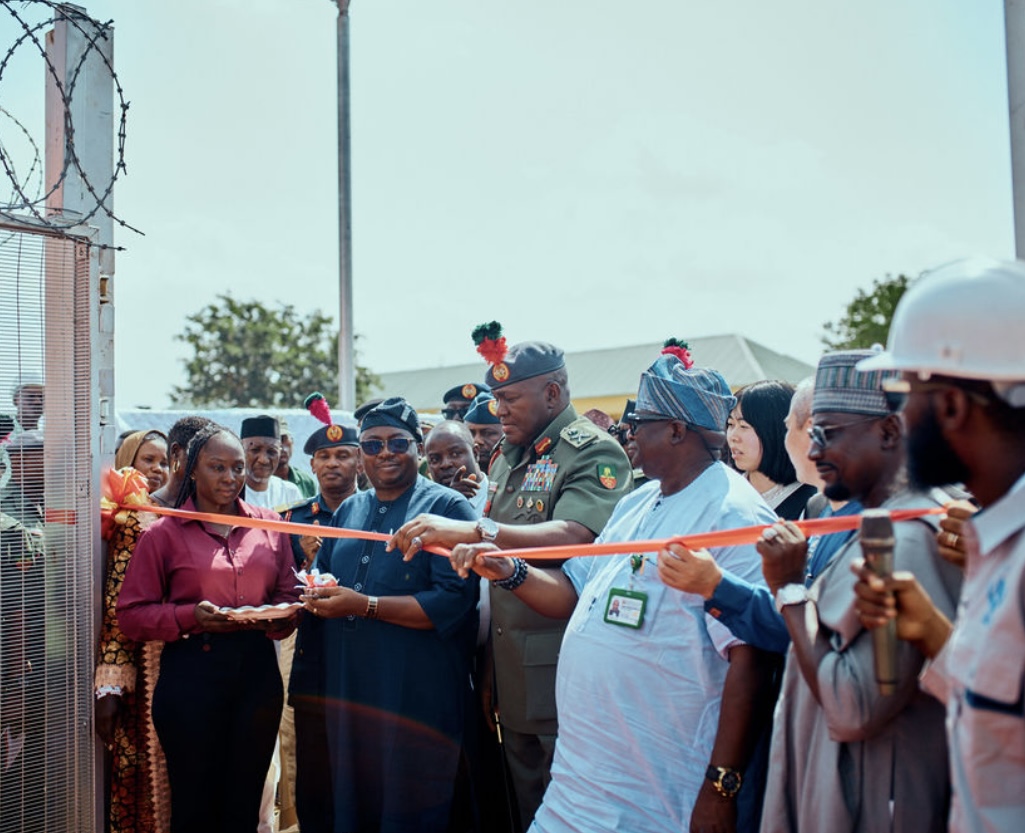
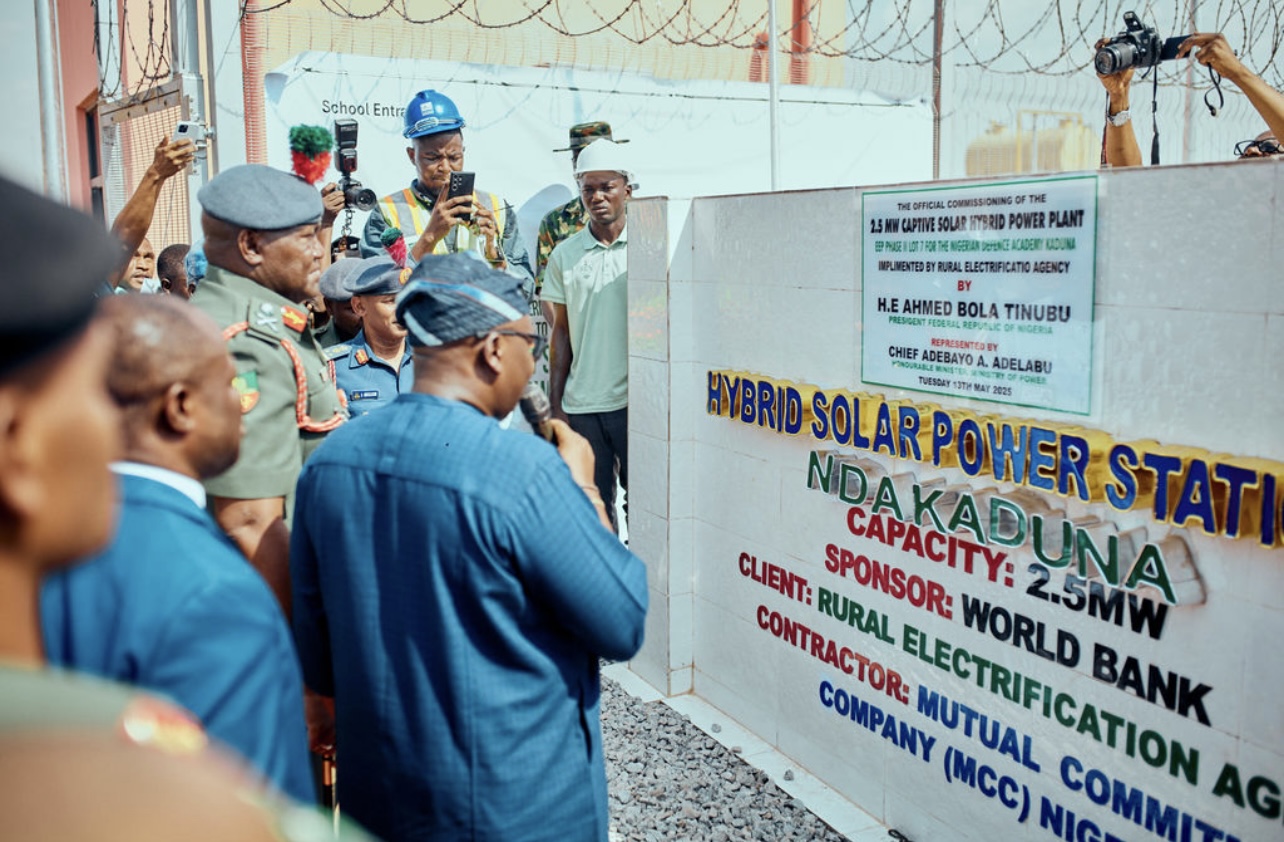
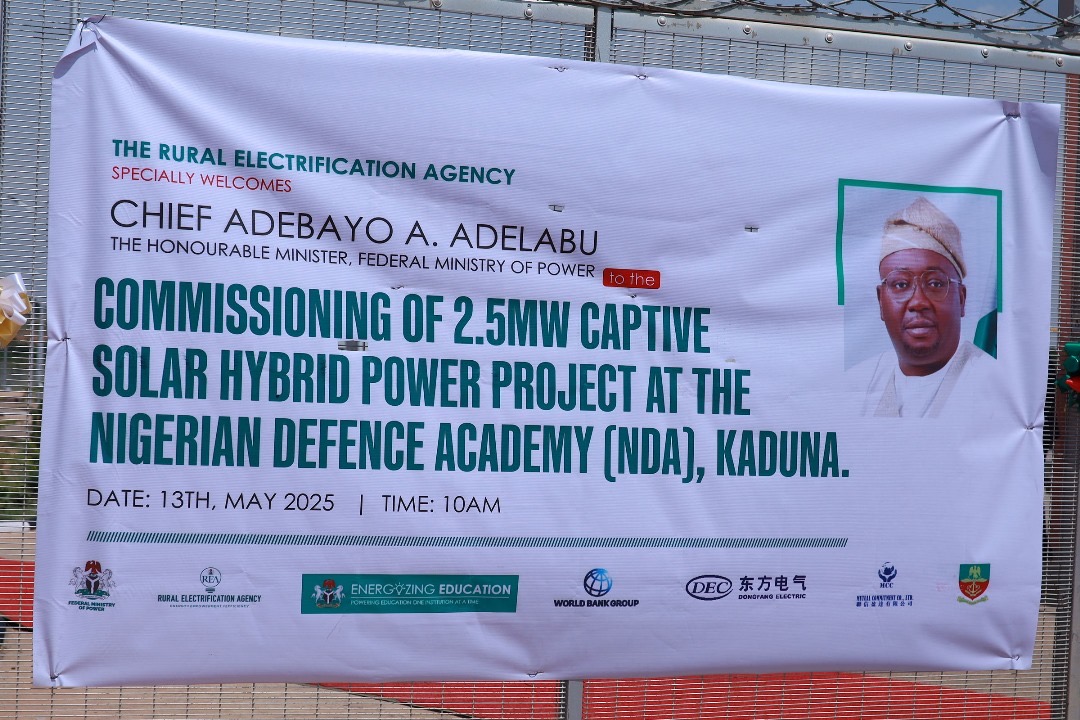
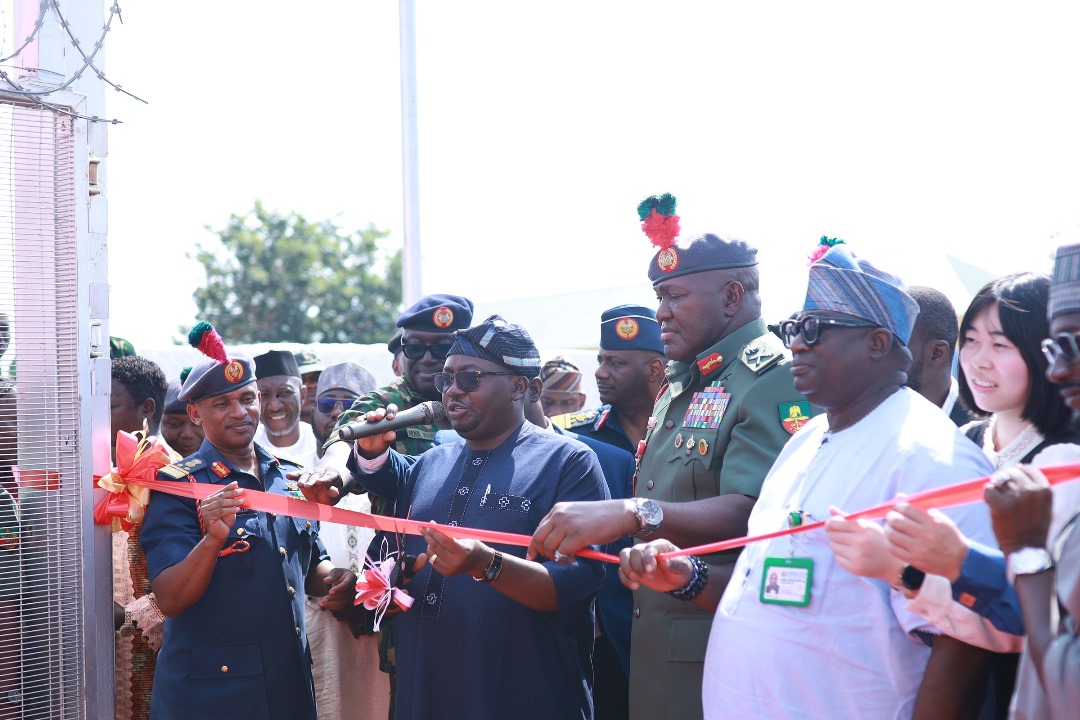
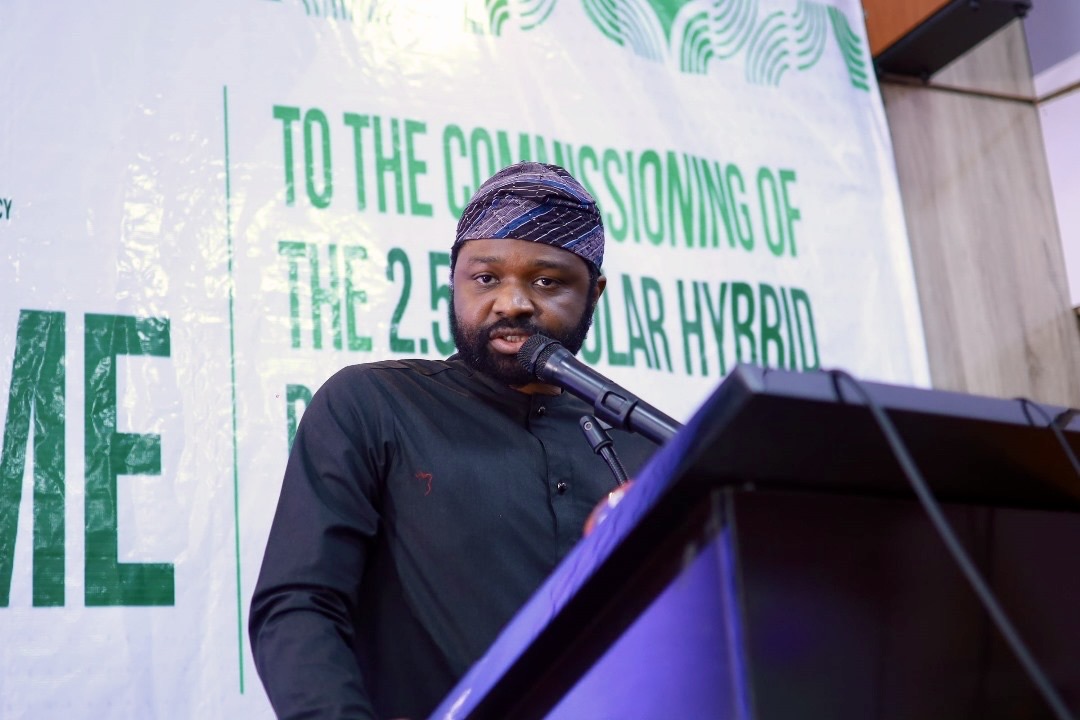
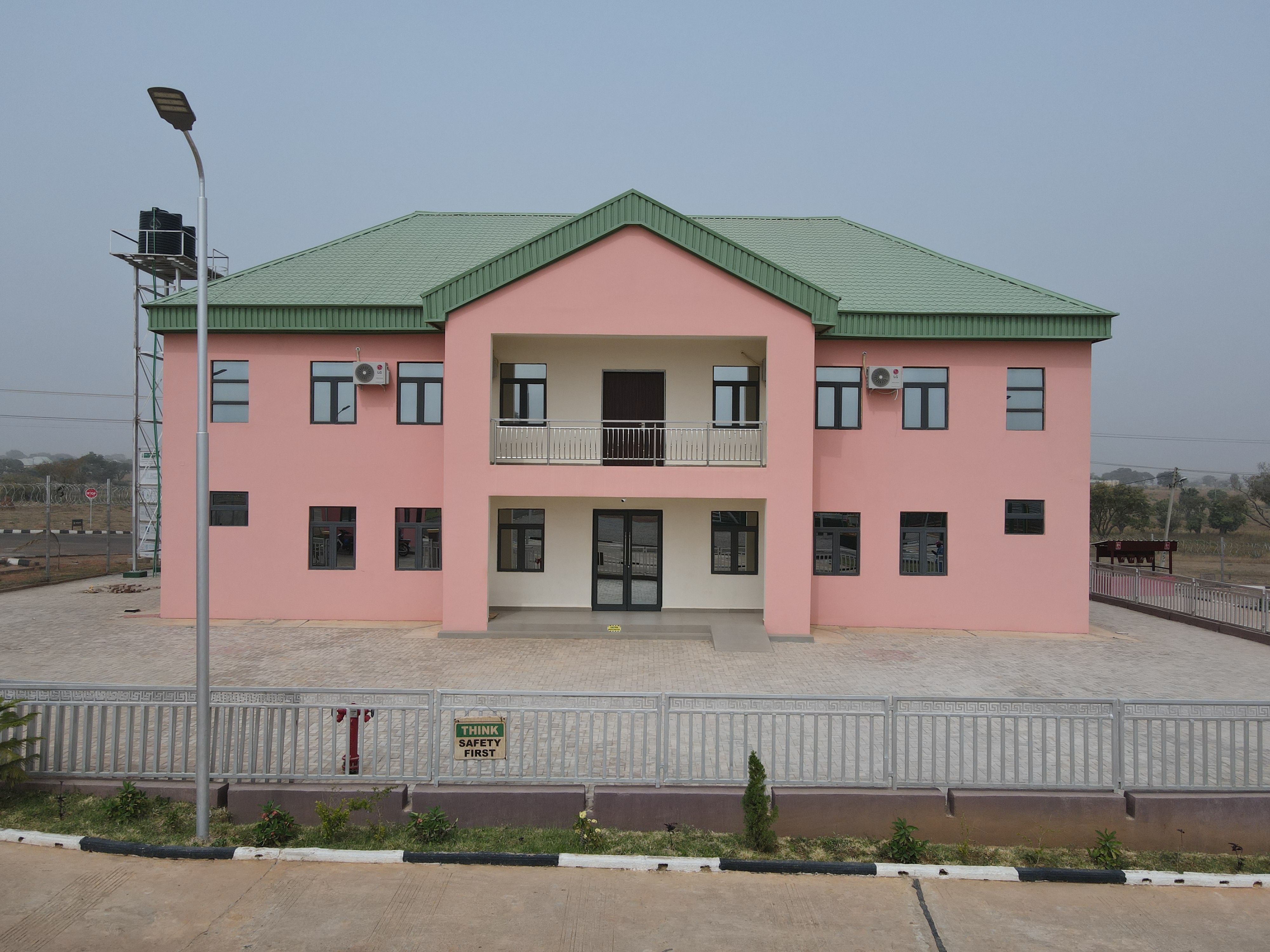
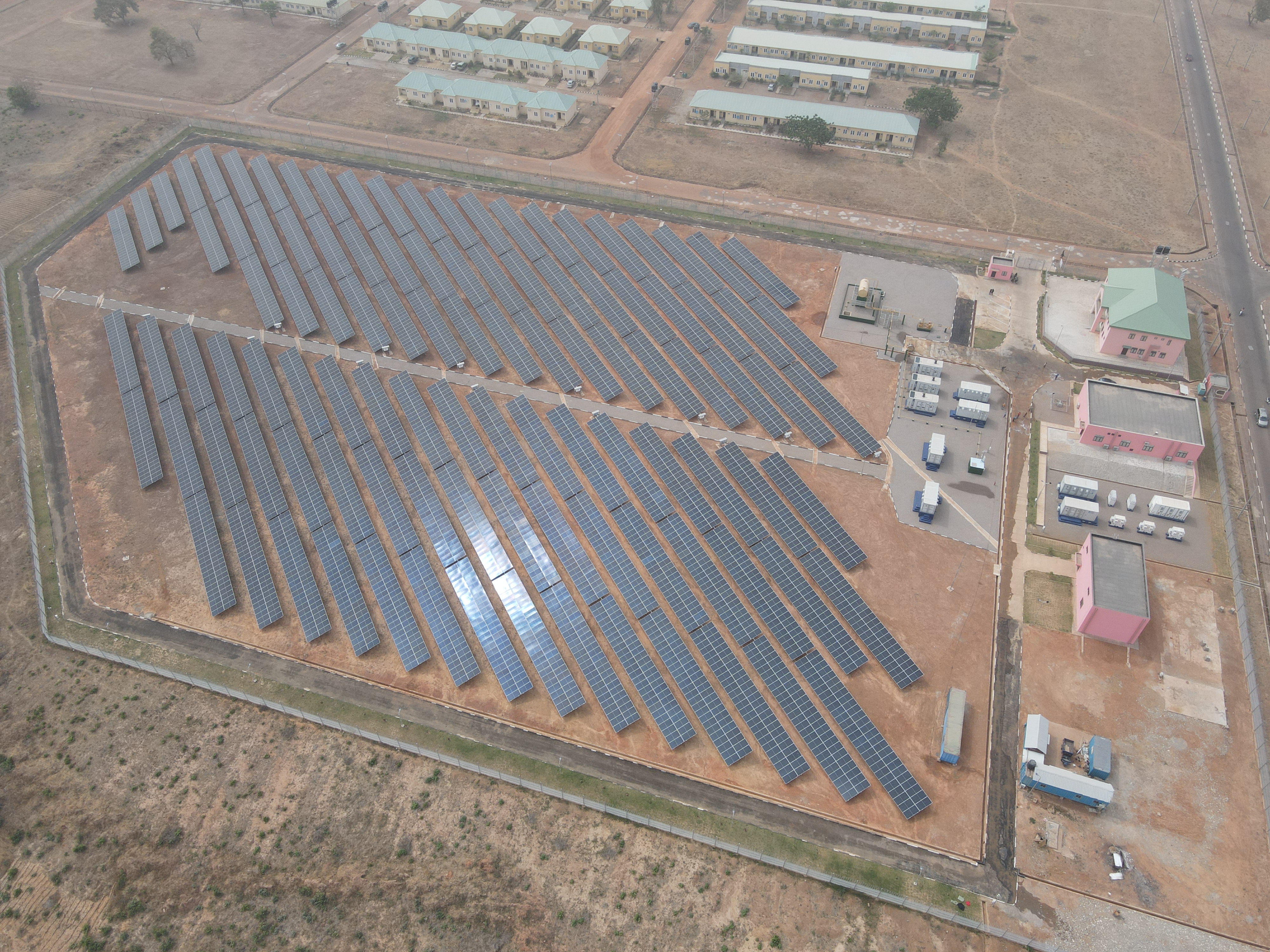
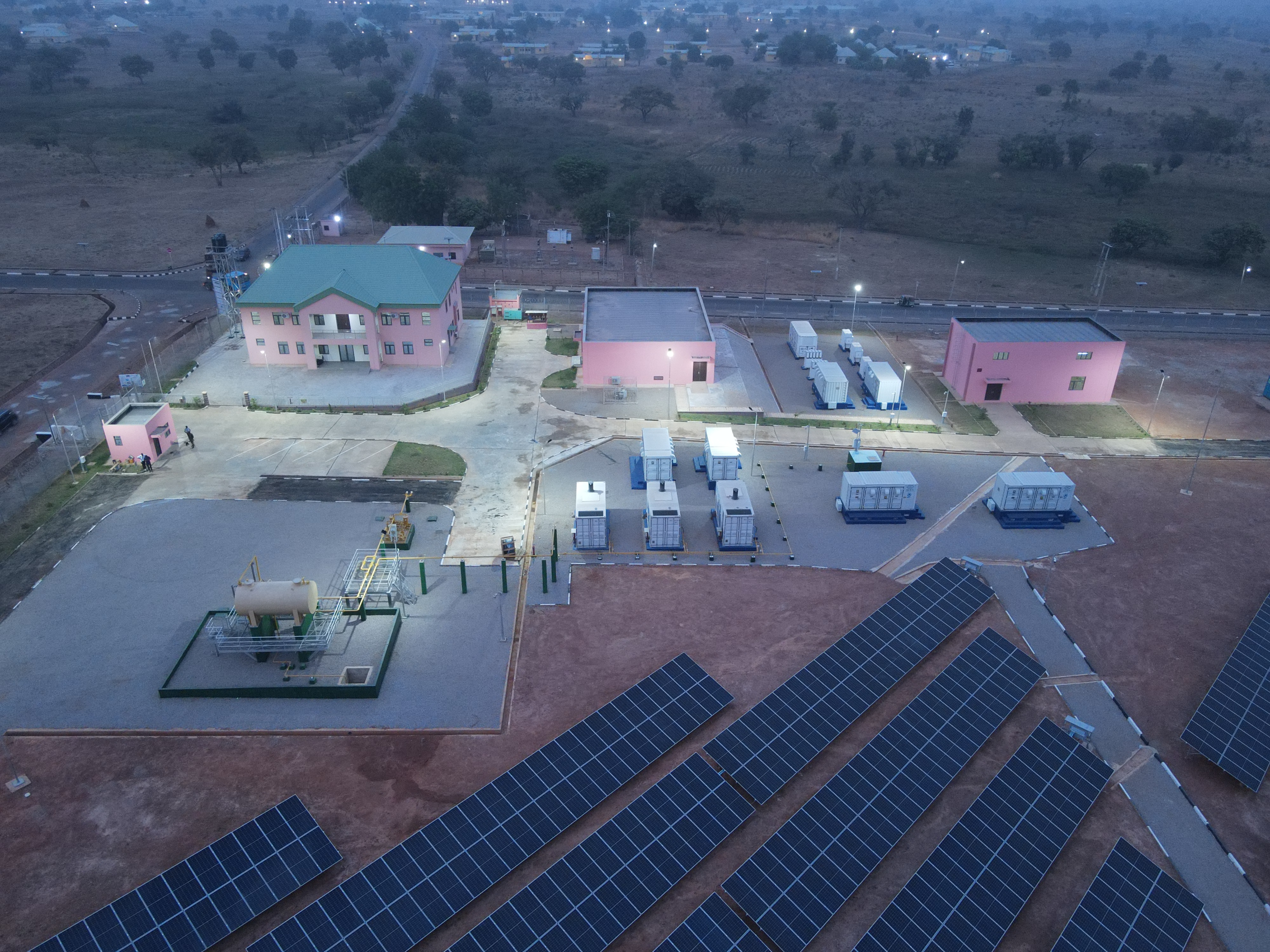
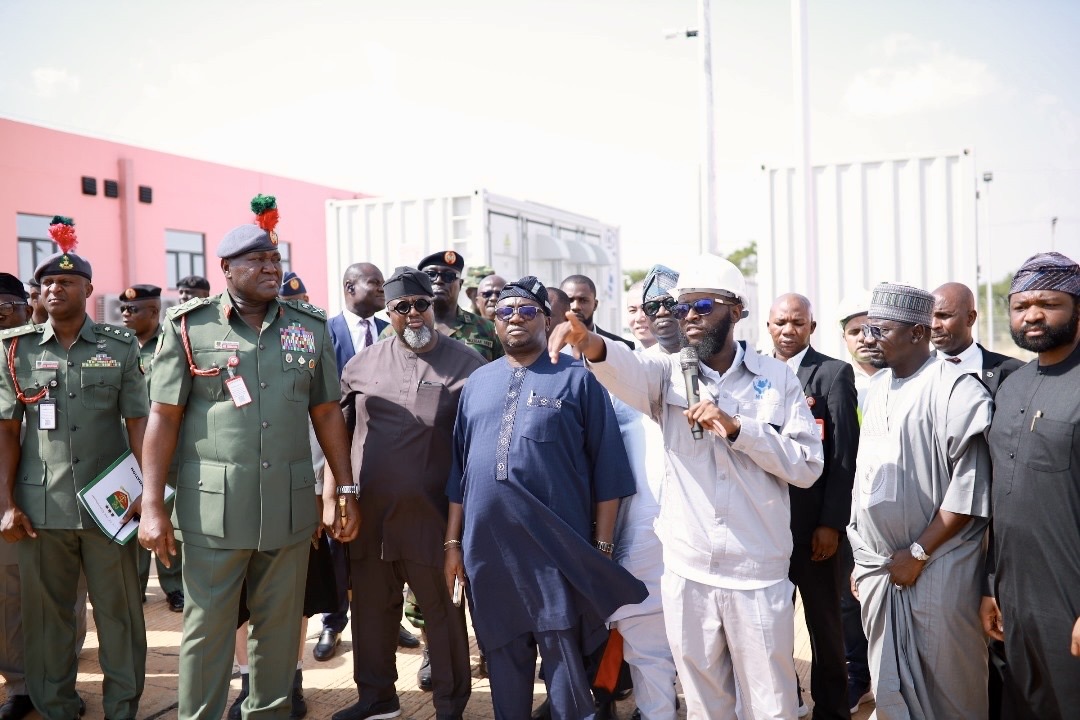
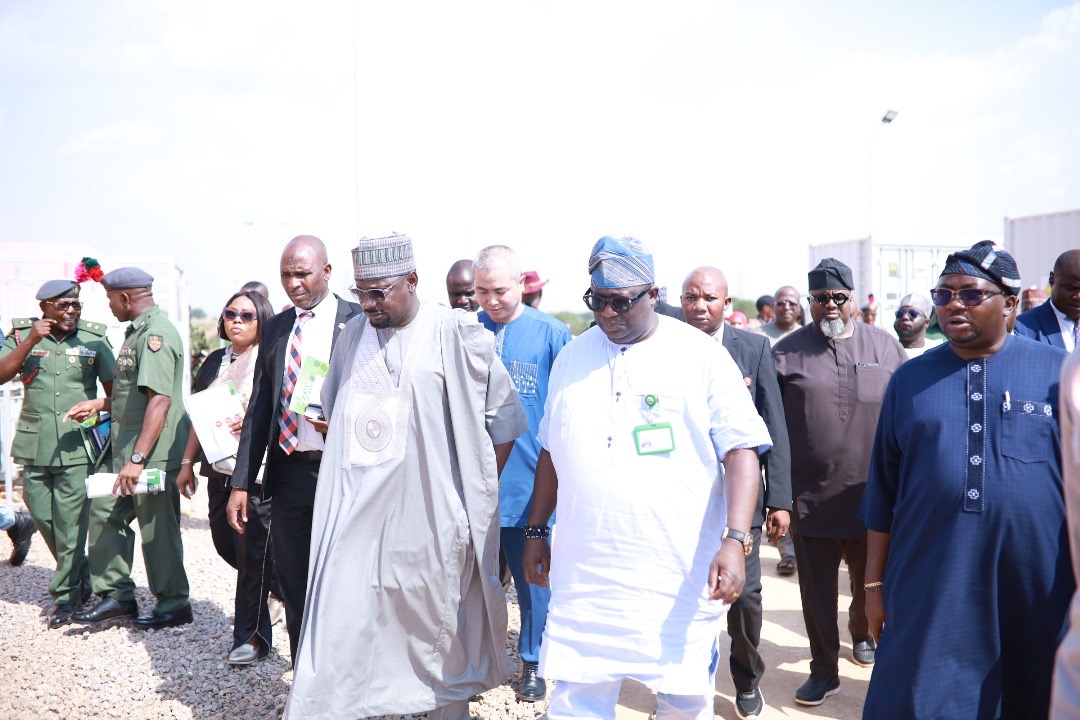
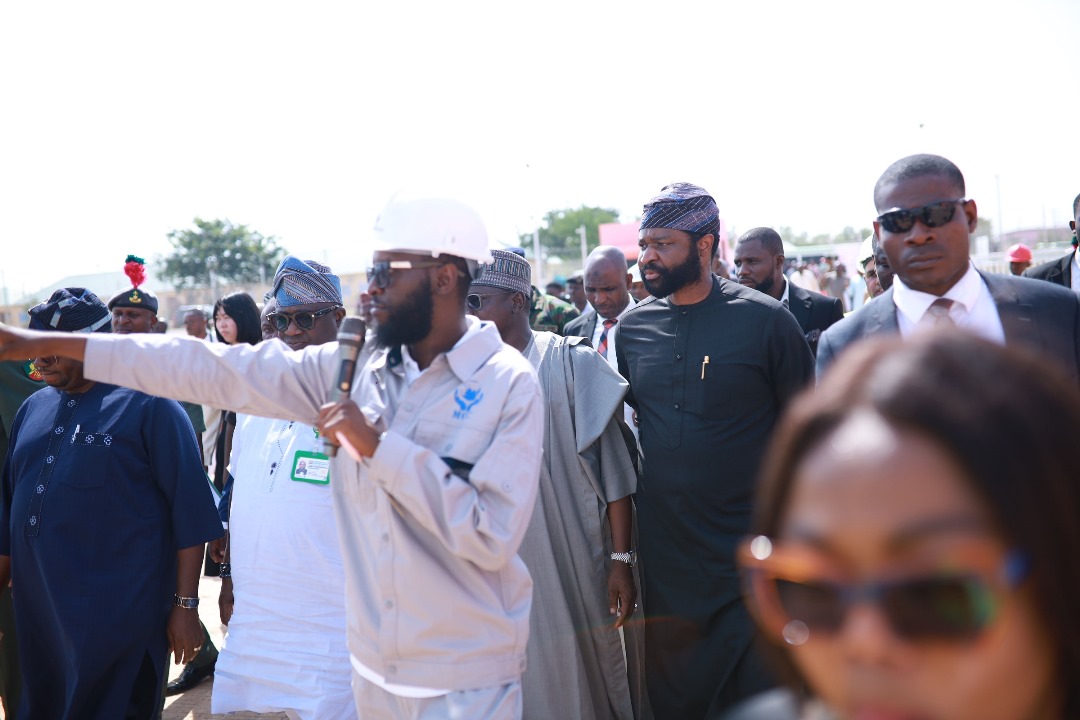
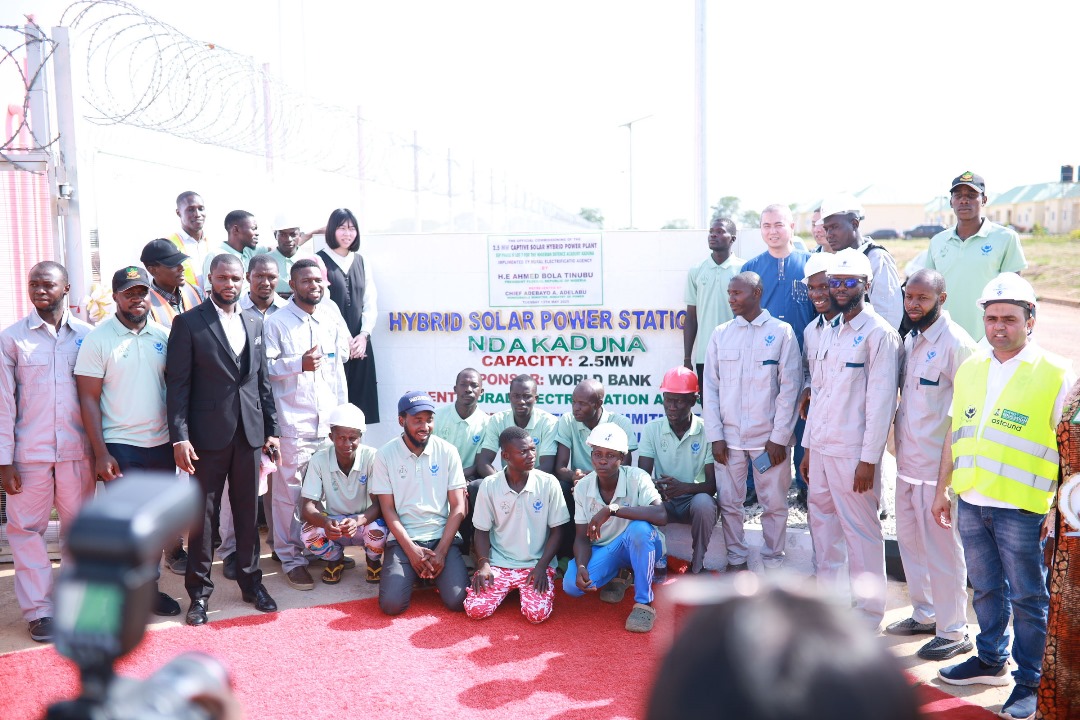
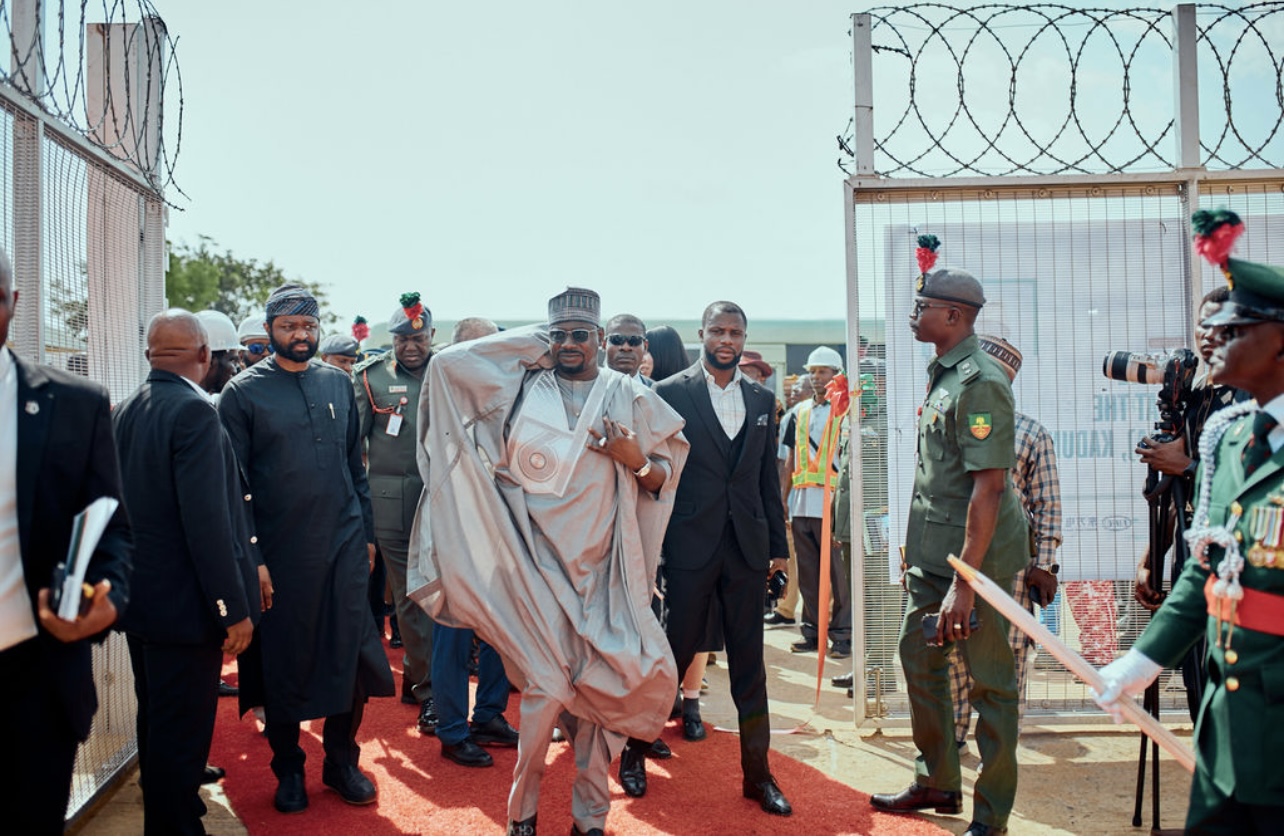
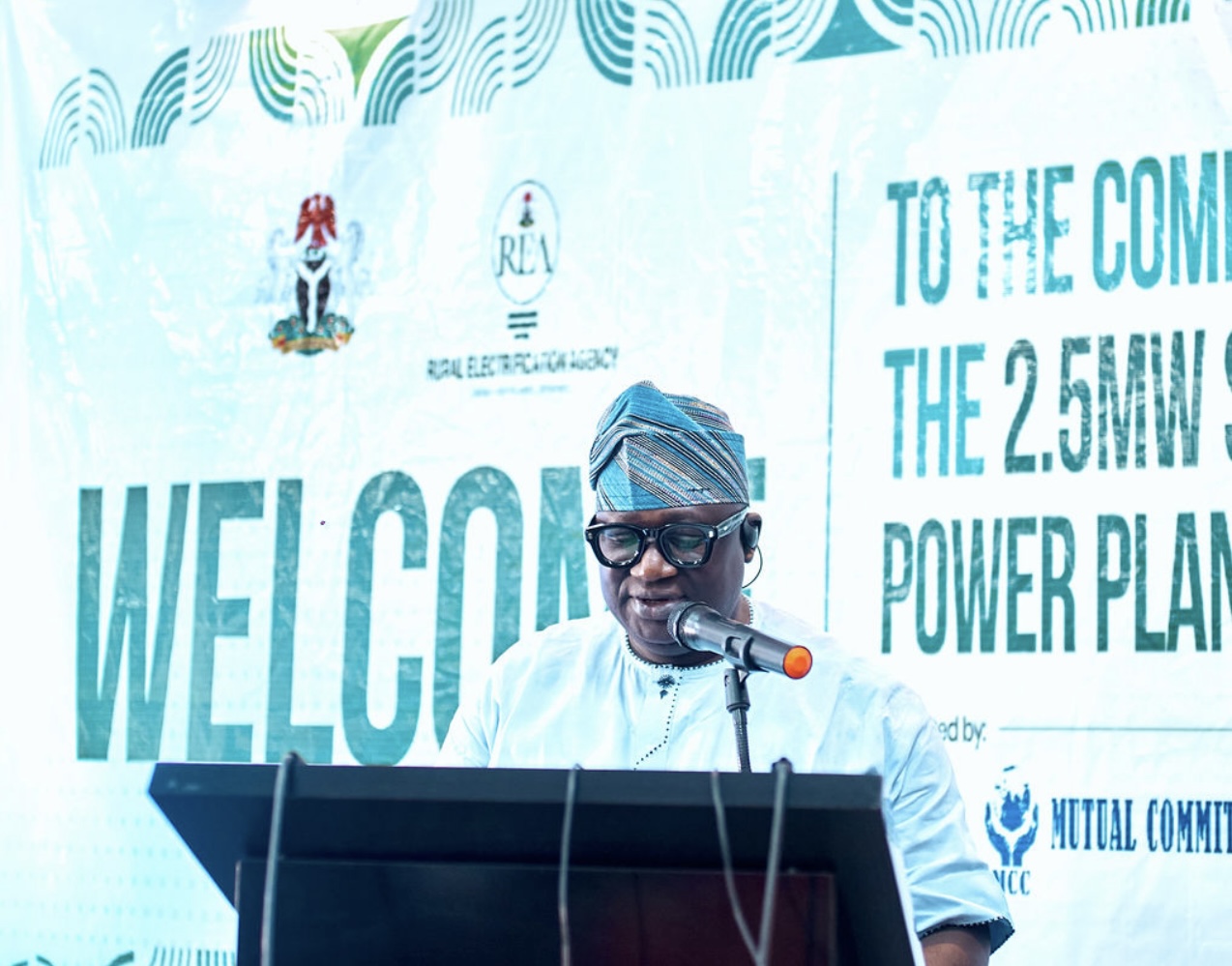

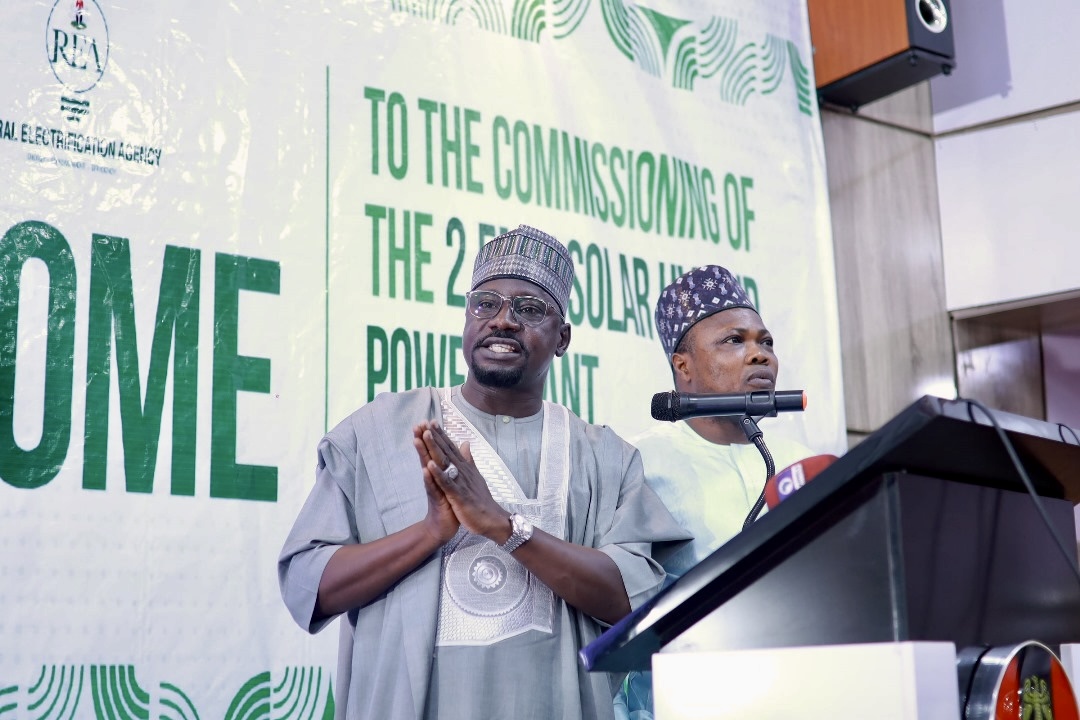


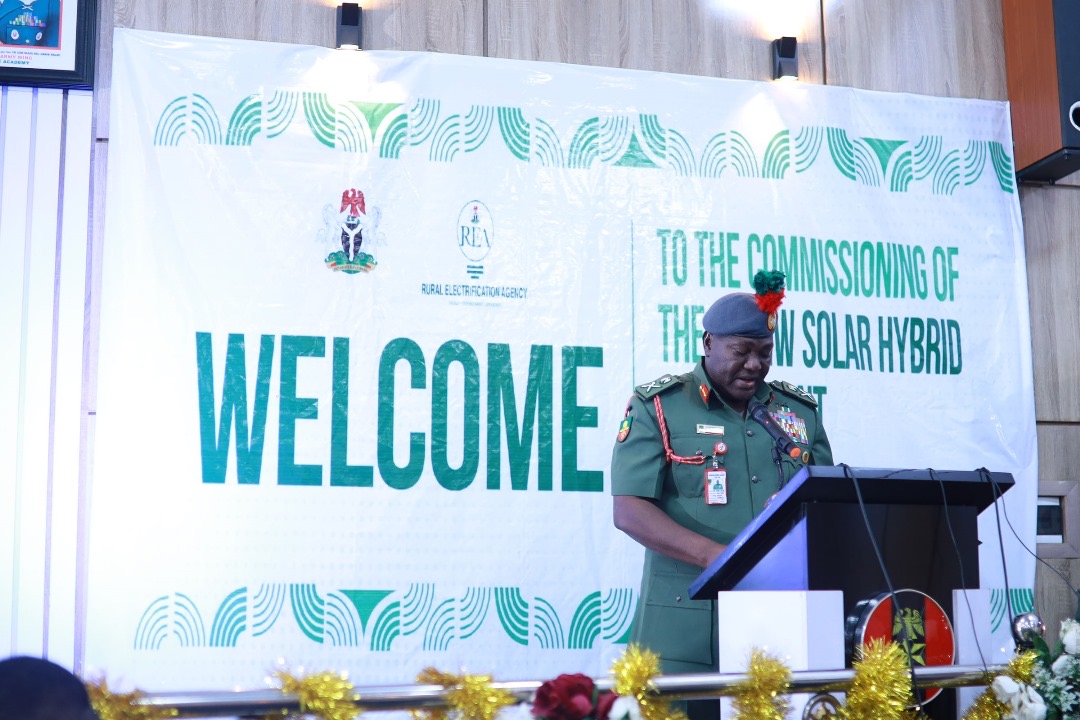
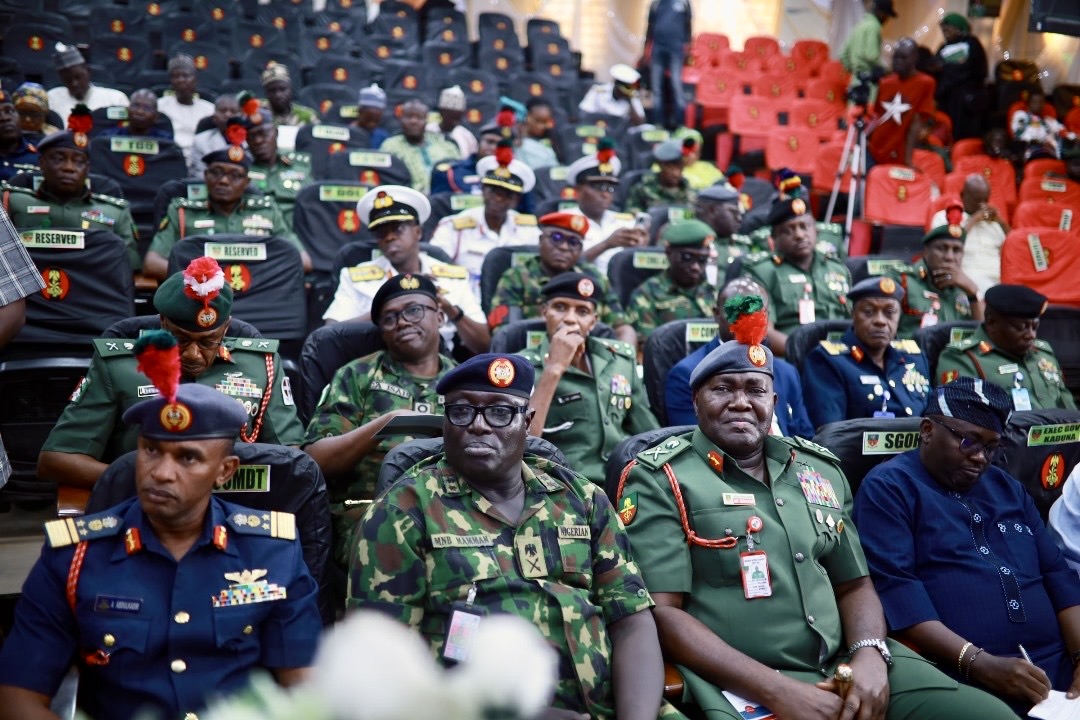


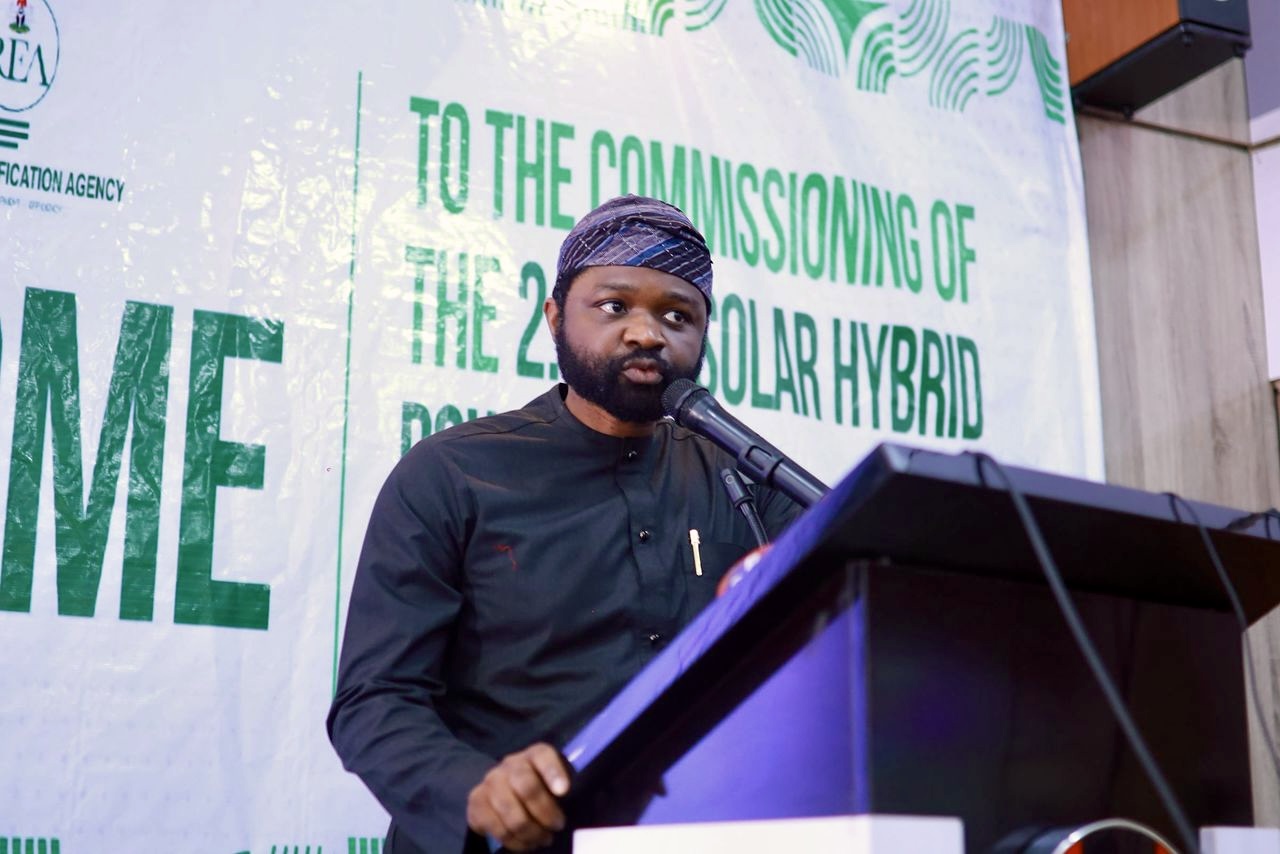

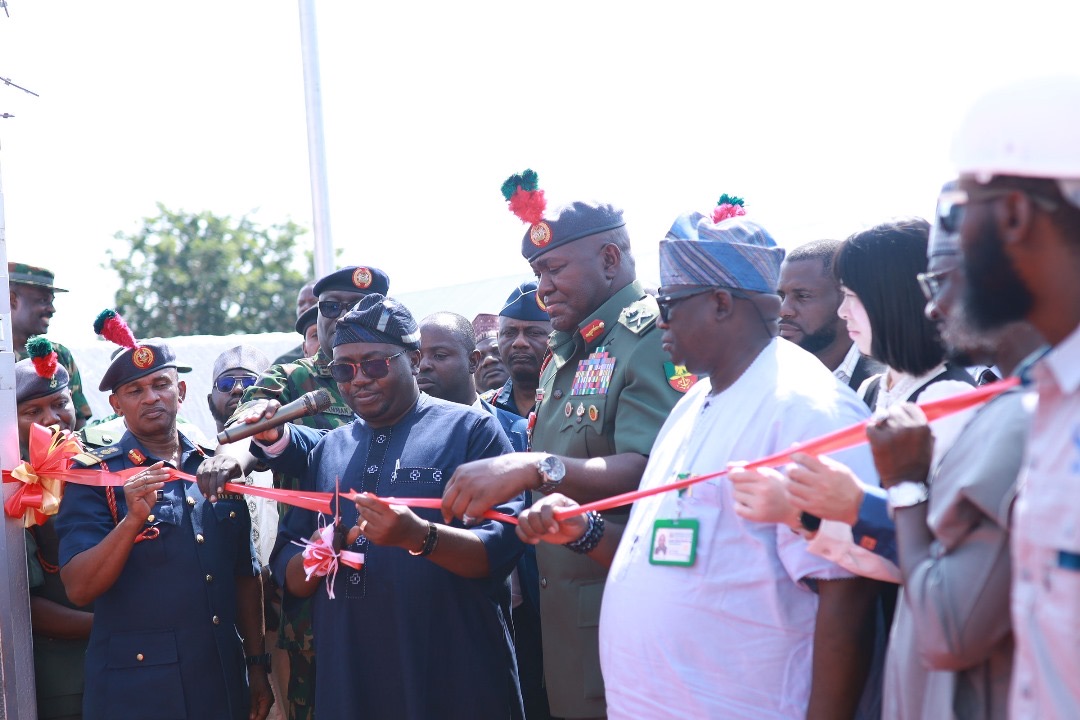
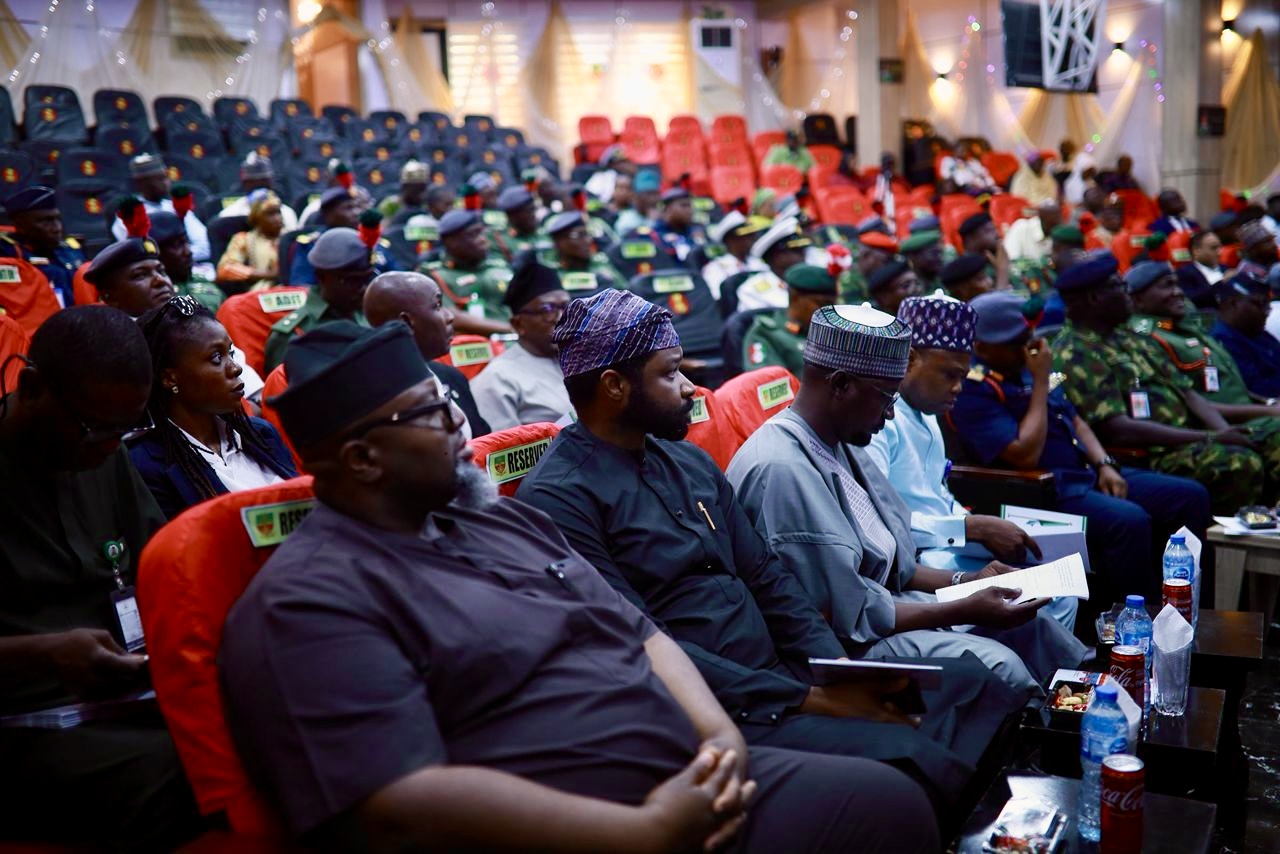



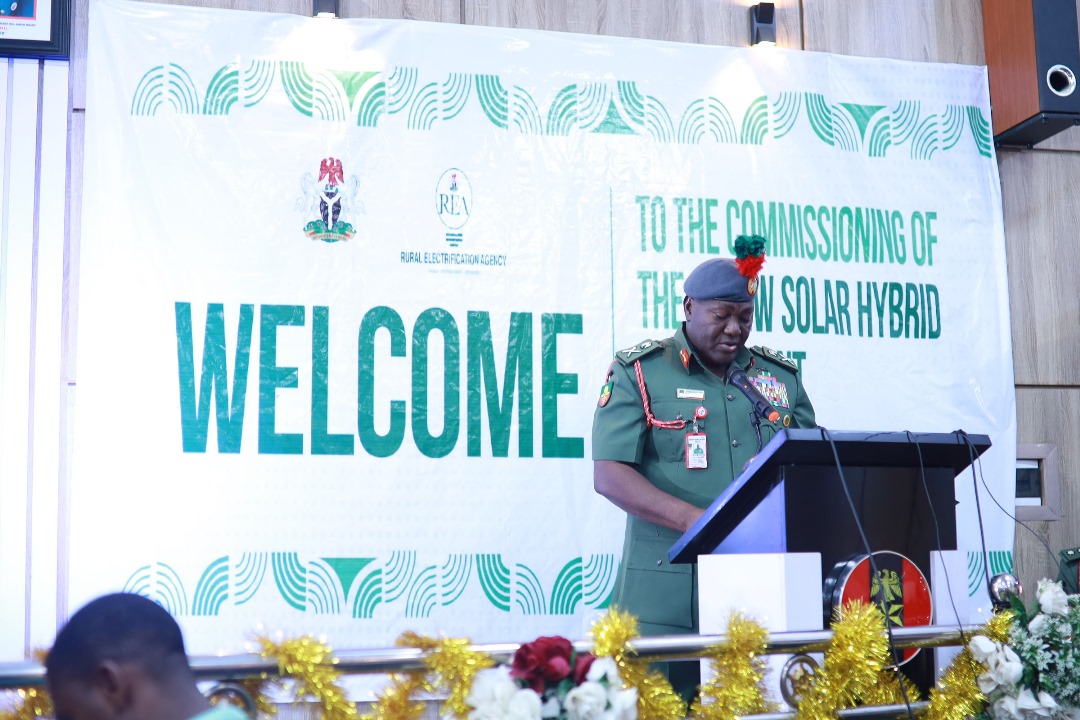
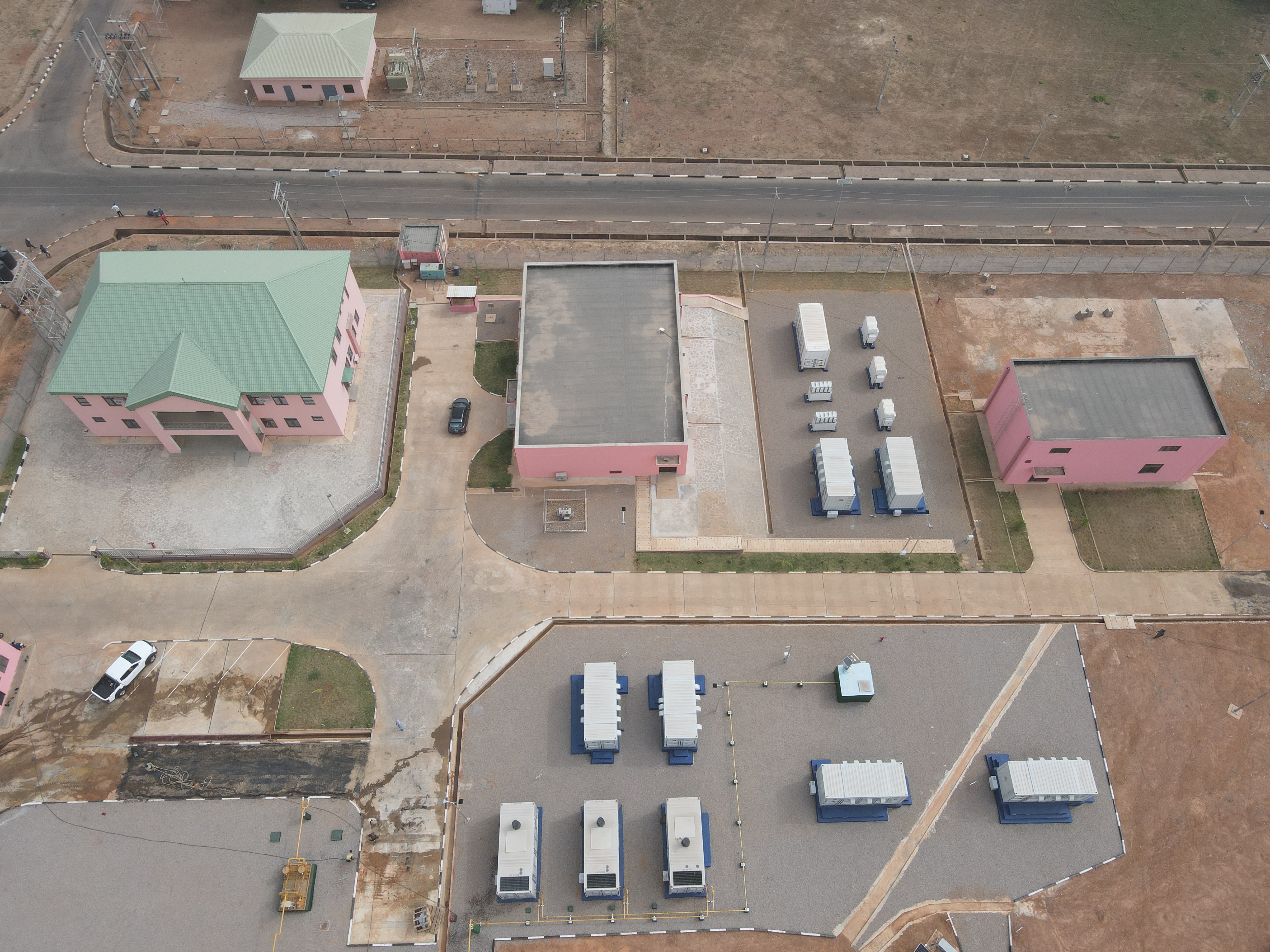
 .jpg)
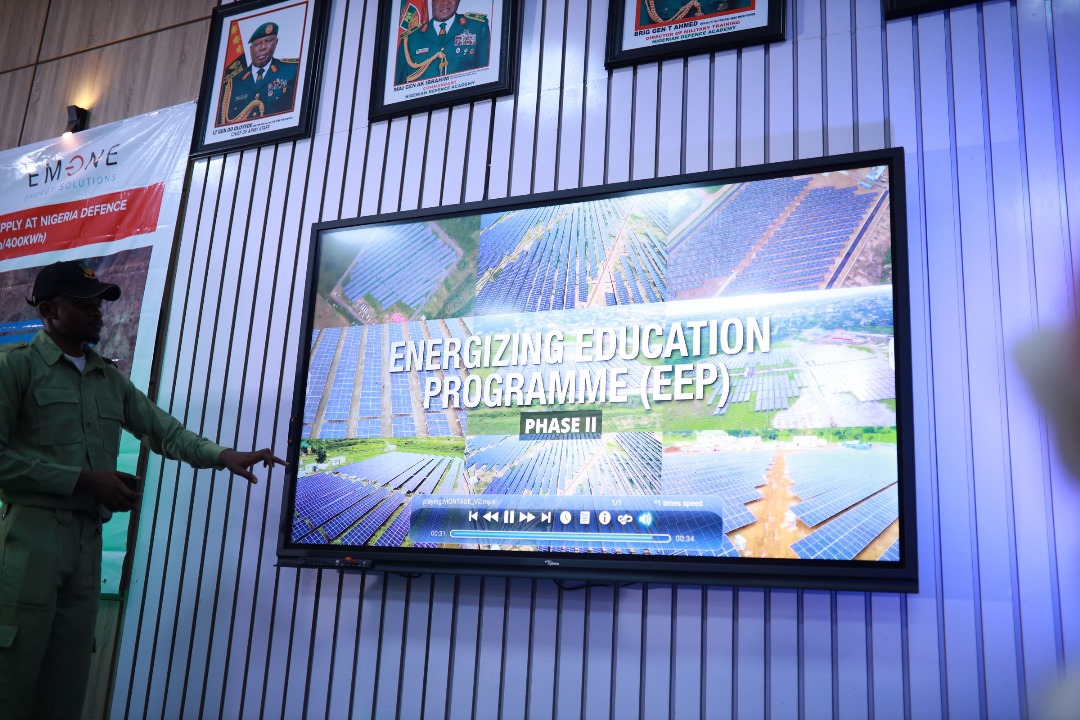
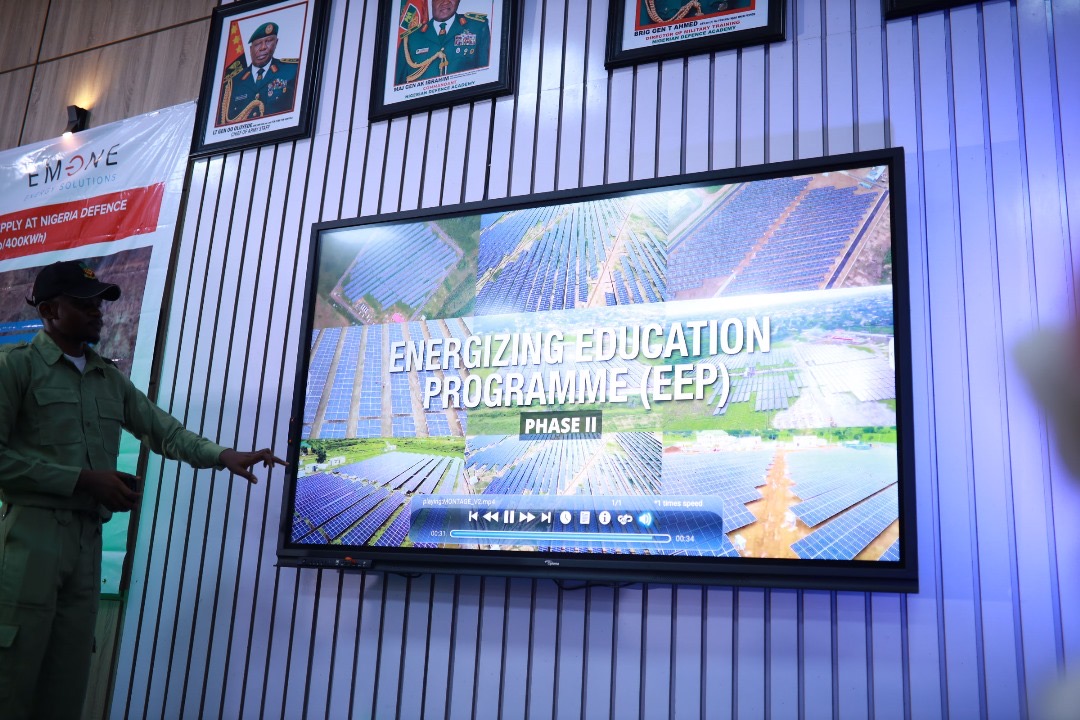
 Tour.JPG)



